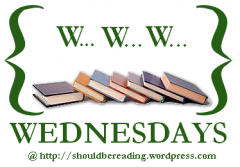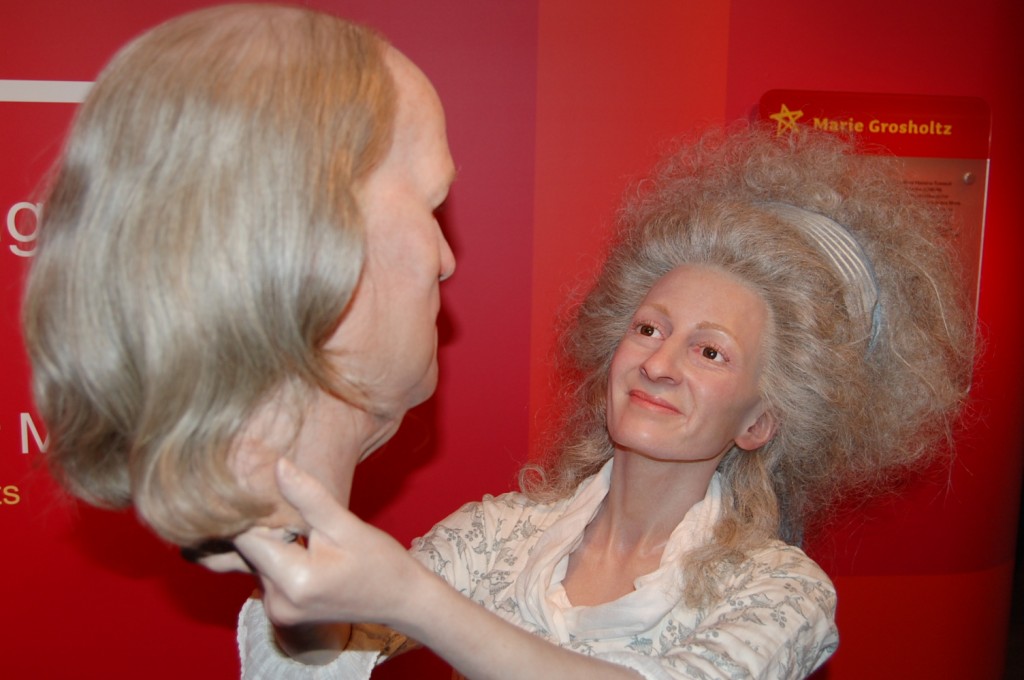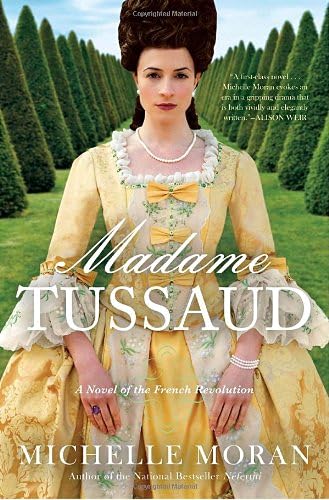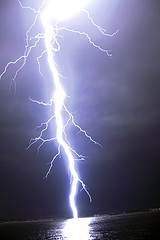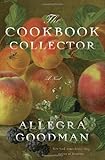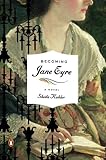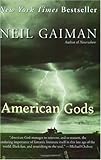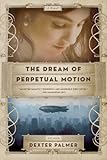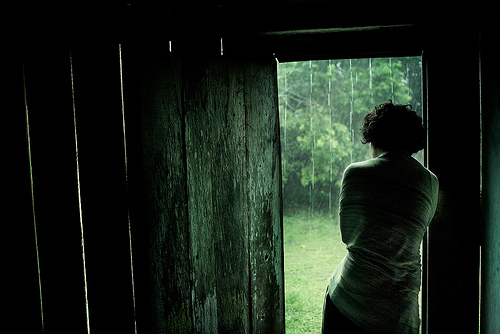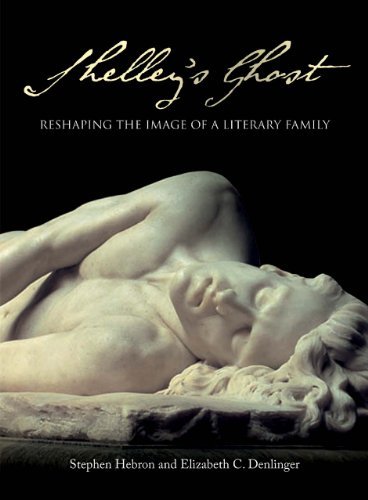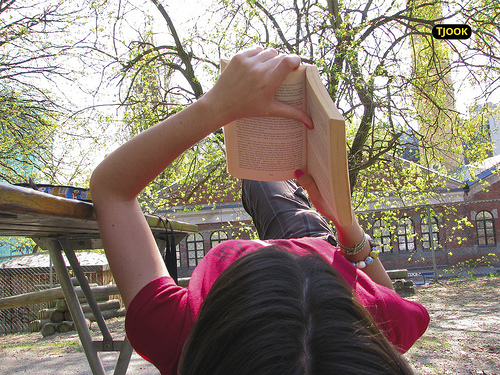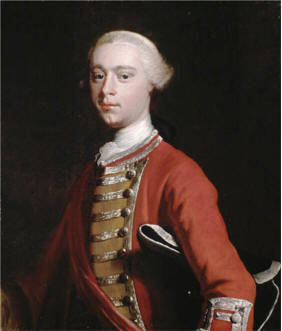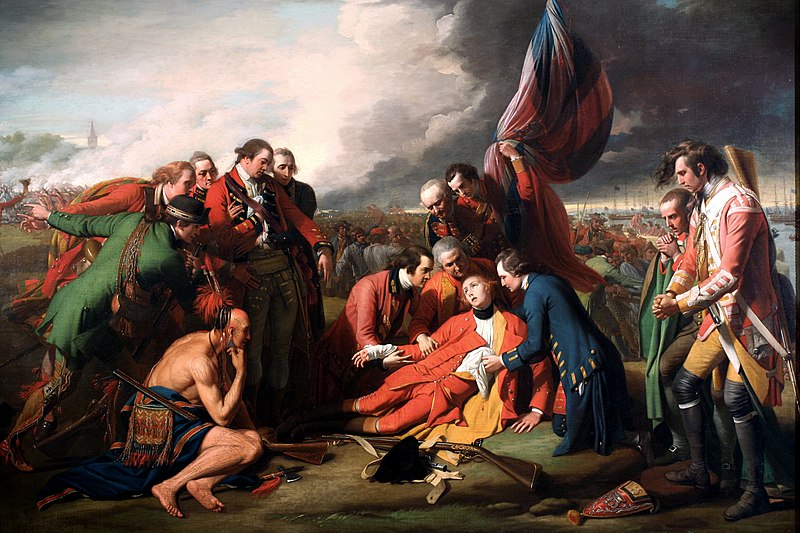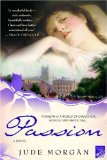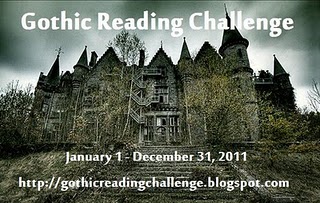To play along, just answer the following three (3) questions…
• What are you currently reading?
• What did you recently finish reading?
• What do you think you’ll read next?
I am currently reading [amazon_link id=”0307588653″ target=”_blank” ]Madame Tussaud: A Novel of the French Revolution[/amazon_link] by Michelle Moran, [amazon_link id=”039332902X” target=”_blank” ]The Story of Britain: From the Romans to the Present: A Narrative History[/amazon_link] by Rebecca Fraser, [amazon_link id=”0143057812″ target=”_blank” ]The Shadow of the Wind[/amazon_link] by Carlos Ruiz Zafón (audio book), and [amazon_link id=”0199537259″ target=”_blank” ]The Man in the Iron Mask[/amazon_link] by Alexandre Dumas via DailyLit. I am enjoying the first three very much, but the fourth is not grabbing me. I hope it does soon because I so enjoyed [amazon_link id=”0451529707″ target=”_blank” ]The Count of Monte Cristo[/amazon_link]. The narrator for The Shadow of the Wind is exceptional.
I recently finished reading [amazon_link id=”0060558121″ target=”_blank” ]American Gods[/amazon_link] by Neil Gaiman (review) and The Rebellion of Jane Clarke by Sally Gunning (review).
My next book will probably be [amazon_link id=”0670021040″ target=”_blank” ]Caleb’s Crossing[/amazon_link] by Geraldine Brooks. I won an ARC on Goodreads. The lastest Jasper Fforde, [amazon_link id=”0670022527″ target=”_blank” ]One of Our Thursdays Is Missing[/amazon_link], is calling my name. At some point, I want to return to [amazon_link id=”0812977149″ target=”_blank” ]Finn[/amazon_link] by Jon Clinch. I have a few books on my Kindle that I’m interested in reading, too: [amazon_link id=”B004R1Q9PI” target=”_blank” ]The Secret Diary of a Princess[/amazon_link] by Melanie Clegg, a few Austen sequels, and some good nonfiction, including [amazon_link id=”0316001929″ target=”_blank” ]Cleopatra: A Life[/amazon_link] by Stacy Schiff, [amazon_link id=”0385489498″ target=”_blank” ]Marie Antoinette: The Journey[/amazon_link] by Antonia Fraser, [amazon_link id=”1400052181″ target=”_blank” ]The Immortal Life of Henrietta Lacks[/amazon_link] by Rebecca Skloot, and [amazon_link id=”1439107955″ target=”_blank” ]The Emperor of All Maladies: A Biography of Cancer[/amazon_link] by Siddhartha Mukherjee.
So what about you?
